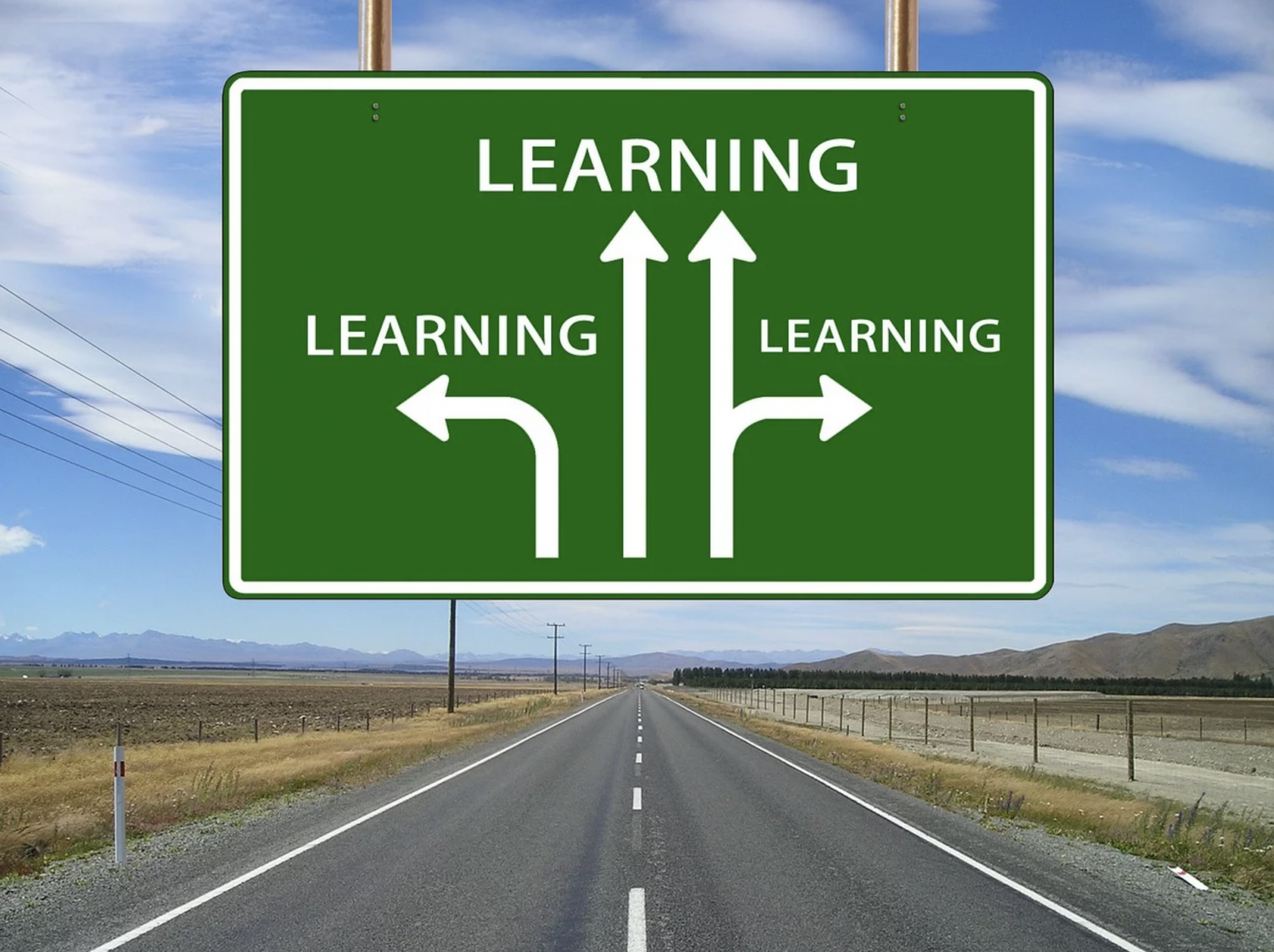At Biola University, about one-third of students are in the graduate program. According to Statista, a leading global business data platform, from 1950 to 2019 there was a significant increase of about 40% in the number of people earning a master’s degree per year in the U.S.
As the end of undergraduate days draw closer for many college students, they begin to consider what they want to do after graduation. Graduate school seems like an advantageous option to pursue right after completing a bachelor’s degree, but it may also cause students to avoid exploring the career world.
WHAT ARE YOUR OPTIONS?
According to the U.S. Bureau of Labor Statistics, each step up in education means a higher salary and greater job security. But this does not mean entering into a graduate program right after completing a bachelor’s degree is worth the time and money.
Ryan Dea, a career specialist for undergraduate students at Biola, said 70 to 80% of past graduating students did not go to graduate school directly after earning their undergraduate degree. Dea also said that most graduate programs like to see at least one internship or one to two years of work outside of undergraduate experience before they accept students into their programs.
WHAT ARE YOUR CAREER GOALS?
Kendall Jarboe, the peer internship ambassador for Journalism and Integrated Media, also directs students to identify their career goals. Jarboe encourages students to explore all options before jumping into any major decision. She shared that pursuing a career may further the opportunity to attend graduate school later.
“Graduate school is never going to go away, so try out the workforce and see what happens,” she said.
WHAT ARE THE NUMBERS?
Graduate programs now range anywhere from $30,000 to $120,000. Students who go directly into graduate school often have to take out expensive loans, but those who go into the field first have more time to save up money to support themselves through a graduate school program.
One advantage of waiting to go to graduate school until after you join the workforce is that your employer may help pay the cost. According to the Society for Human Resource Management, 54% of employers offer tuition assistance. This may be a better long-term financial decision that will allow graduates to reduce student debt.
THE BOTTOM LINE
Graduate school is a major decision that every student should at least consider, but it is not something that students should feel pressured into doing.
Alex Mutch, the assistant director of graduate admissions at Biola University, said his job is to equip students with all the information possible to make an educated decision.
“I think students should just pursue what they like to pursue and think less about cultural perspectives,” he said. “Students should think more about what they want to learn more about.”
As this semester is only a few weeks from ending, whether students are graduating or planning their future, it is crucial to consider whether or not graduate school is a beneficial option. Whether students decide to pursue a graduate degree right after receiving a bachelor’s degree, wait to go back to school or never go at all, college students can still have a successful career doing what they love.







